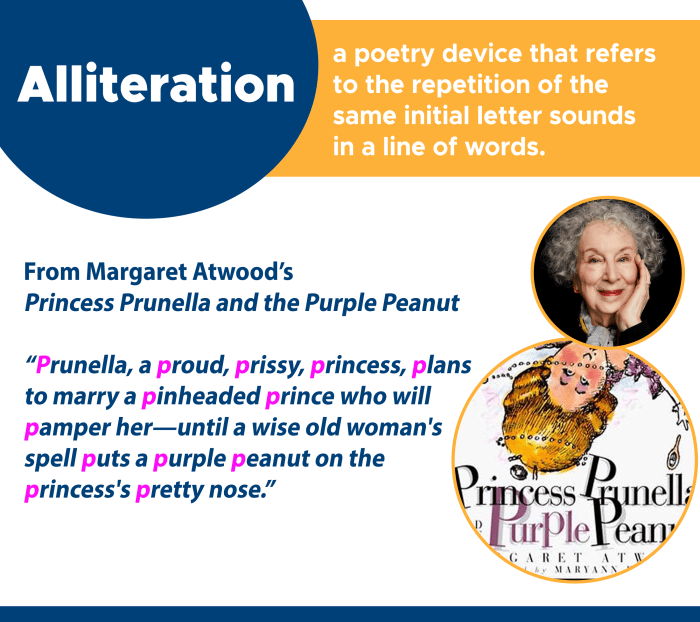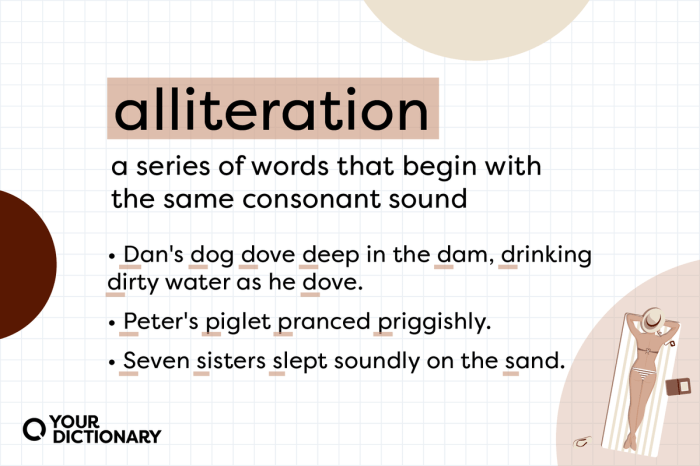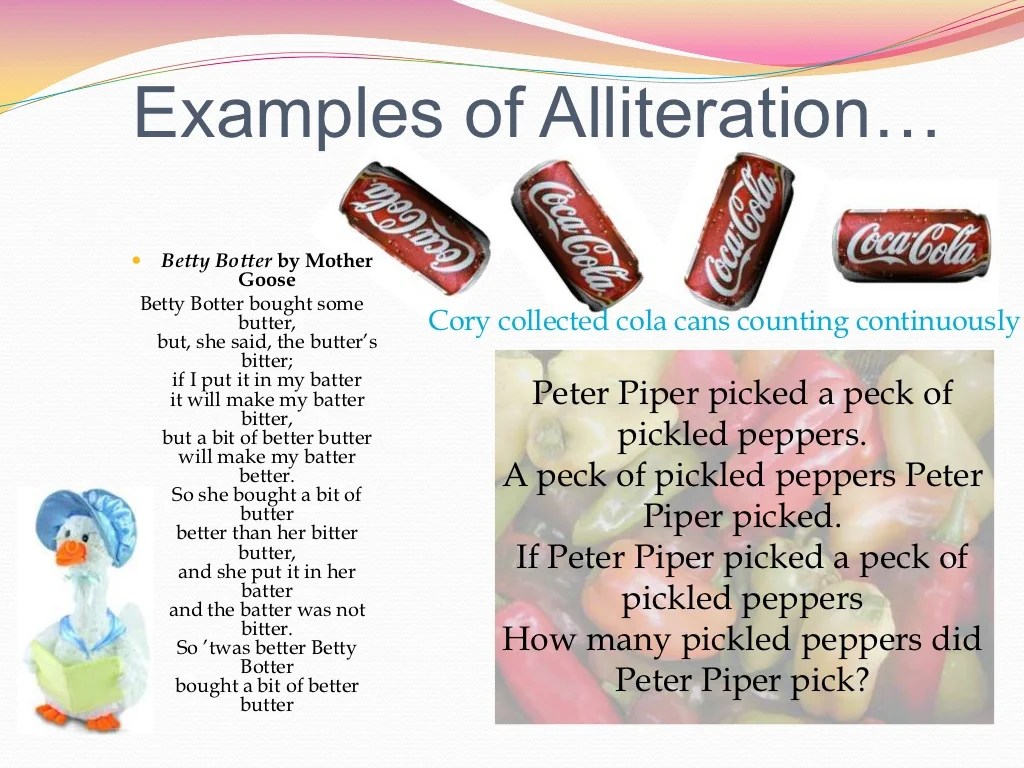Sally sells seashells by the seashore is an example of a tongue twister, a form of wordplay that challenges pronunciation and fluency. Tongue twisters, with their intricate patterns of alliteration and assonance, have captivated individuals across cultures and generations, offering both amusement and linguistic benefits.
As a classic example, “Sally sells seashells by the seashore” demonstrates the playful nature of tongue twisters. Its repetitive sounds and tricky combinations of consonants and vowels make it a delightful challenge to pronounce correctly. Tongue twisters like this one serve as a testament to the complexities and nuances of human language, inviting us to explore the boundaries of our speech.
Definition of Tongue Twisters
Tongue twisters are a type of wordplay that involves phrases or sentences that are difficult to pronounce correctly and fluently.
They typically feature a combination of alliterative sounds and complex tongue movements, making them a challenge to articulate quickly and accurately.
The purpose of tongue twisters is often to provide amusement or to test one’s pronunciation skills.
Examples of Tongue Twisters

There are countless tongue twisters, ranging in difficulty from simple to complex.
Simple Tongue Twisters, Sally sells seashells by the seashore is an example of
- Peter Piper picked a peck of pickled peppers.
- She sells seashells by the seashore.
- How much wood would a woodchuck chuck if a woodchuck could chuck wood?
Complex Tongue Twisters
- Theophilus Thistle, the successful thistle-sifter, in sifting a sieve of unsifted thistles, thrust three thousand thistles through the thick of his thumb.
- Six sick slick slimy snakes slid swiftly seaward.
- Pad kid poured curd pulled cod.
Techniques for Mastering Tongue Twisters

Mastering tongue twisters requires practice and patience.
Pronunciation Tips
- Break down the tongue twister into smaller chunks.
- Focus on the proper placement of your tongue and lips.
- Practice slowly and gradually increase your speed.
Breathing Exercises
- Take deep breaths and exhale slowly as you practice.
- Use diaphragmatic breathing to support your voice.
Benefits of Tongue Twisters
Practicing tongue twisters offers several cognitive and therapeutic benefits:
Cognitive Benefits
- Improved memory and attention
- Enhanced language skills
- Increased cognitive flexibility
Therapeutic Benefits
- Improved speech clarity and pronunciation
- Reduced stuttering and other speech disorders
- Enhanced breath control
Cultural Significance of Tongue Twisters: Sally Sells Seashells By The Seashore Is An Example Of

Tongue twisters are found in cultures around the world.
Folklore and Literature
Tongue twisters have been passed down orally for generations, often appearing in folklore and literature.
For example, the English tongue twister “Peter Piper picked a peck of pickled peppers” is said to have originated in the 17th century.
Entertainment
Tongue twisters are also used for entertainment, such as in tongue twister competitions and comedy routines.
Tongue Twisters in Popular Culture
Tongue twisters have made their way into popular culture in various forms:
Movies and TV Shows
- In the movie “The King’s Speech,” King George VI struggles to overcome his stammer using tongue twisters.
- In the TV show “Friends,” the character Chandler Bing is known for his love of tongue twisters.
Music
- The song “Tongue Tied” by Grouplove features the tongue twister “She sells seashells by the seashore.”
- The rapper Twista is known for his fast and complex tongue twister lyrics.
Table Comparing Tongue Twisters
| Difficulty Level | Theme | Origin | Other Factors |
|---|---|---|---|
| Simple | Food | American | Alliteration |
| Complex | Animals | British | Tongue placement |
| Moderate | Weather | Australian | Rhythm |
Helpful Answers
What is the purpose of a tongue twister?
Tongue twisters serve multiple purposes, including entertainment, linguistic challenge, cognitive development, and speech therapy.
How can tongue twisters benefit cognitive development?
Tongue twisters enhance memory, attention, and focus through the repetitive practice of complex speech patterns.
Are tongue twisters used in speech therapy?
Yes, tongue twisters are commonly used in speech therapy to improve pronunciation, clarity, and fluency.